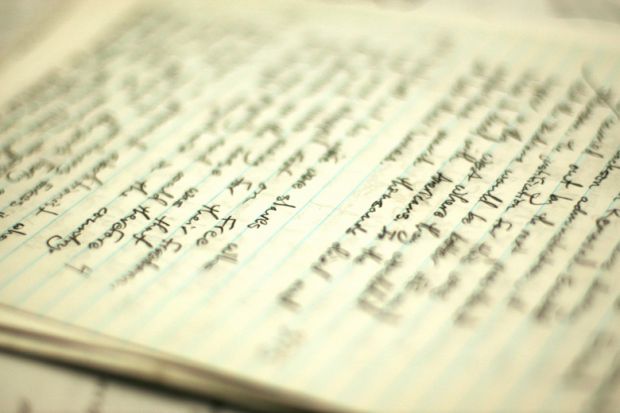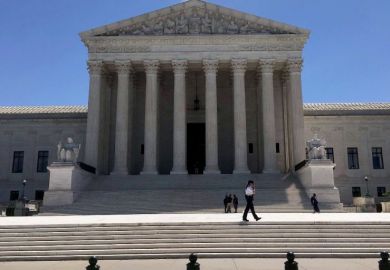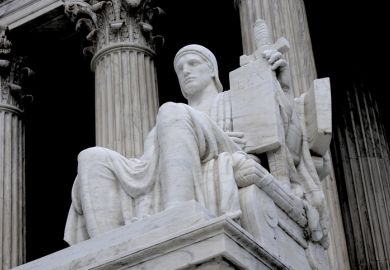Harvard University is among several selective US institutions revising their admissions processes to emphasise personal essays, in what the Biden administration is touting as a leading strategy to circumvent the Supreme Court ruling against affirmative action.
The nation’s oldest university, which lost the landmark case in June, said it will now make mandatory an applicant essay in which students seeking admission describe their life experiences in the context of ways they would help Harvard achieve a diverse student body.
Harvard outlined the decision on the same day that the US secretary of education, Miguel Cardona, urged other US institutions to take similar steps, in line with the Supreme Court’s opinion that they could ask such questions of their applicants as long as the answers were not directly used to make race-based admissions decisions.
Dr Cardona said the Biden administration was concerned by historical precedents in which individual US states that have banned affirmative action policies – including the largest, California – have subsequently experienced declines in minority students applying and being admitted.
“We cannot afford that kind of backsliding on a national scale,” the secretary told reporters as part of an event to highlight resources that the Department of Education has made available to help institutions cope with the Supreme Court decision.
Harvard is one among several institutions that hope that the personal student essays may help them overcome the loss of the legal ability to more directly favour racial minorities in their admissions processes. Others taking the step include the University of Massachusetts at Amherst, Bryn Mawr College, Babson College and Sarah Lawrence College.
Harvard had long invited such personal essays, and its main change now is making them mandatory.
Many other institutions – including the University of North Carolina at Chapel Hill, which was the second institution along with Harvard whose race-based admissions policy was rejected this summer by the Supreme Court – already request that their applicants provide personal essays that could help admissions officers gain clues to racial identity.
The question of such essays was contemplated during the Supreme Court’s consideration of the cases. In their ruling, the justices explicitly allowed the possibility, saying that “nothing prohibits universities from considering an applicant’s discussion of how race affected the applicant’s life, so long as that discussion is concretely tied to a quality of character or unique ability that the particular applicant can contribute to the university.”
But the plaintiff in the Harvard and UNC cases, a conservative group calling itself Students for Fair Admissions, warned that it would pursue new legal action if it sees any evidence that the essays are being used by any institutions as a backdoor means for maintaining racial preferences in defiance of the court’s opinion.
Dr Cardona and the Biden administration hosted a gathering of university leaders last month in Washington to confer on strategies for overcoming the Supreme Court ruling, including institutions improving their targeted recruiting of minority students and providing such students with improved guidance resources once they agree to enrol.
And the administration plans soon to issue a report on the best legal strategies for responding to the court’s ruling, Dr Cardona said. “This moment demands the same courageous commitment to equal opportunity and justice we saw from leaders at the height of the Civil Rights movement,” he said.
Register to continue
Why register?
- Registration is free and only takes a moment
- Once registered, you can read 3 articles a month
- Sign up for our newsletter
Subscribe
Or subscribe for unlimited access to:
- Unlimited access to news, views, insights & reviews
- Digital editions
- Digital access to THE’s university and college rankings analysis
Already registered or a current subscriber?








